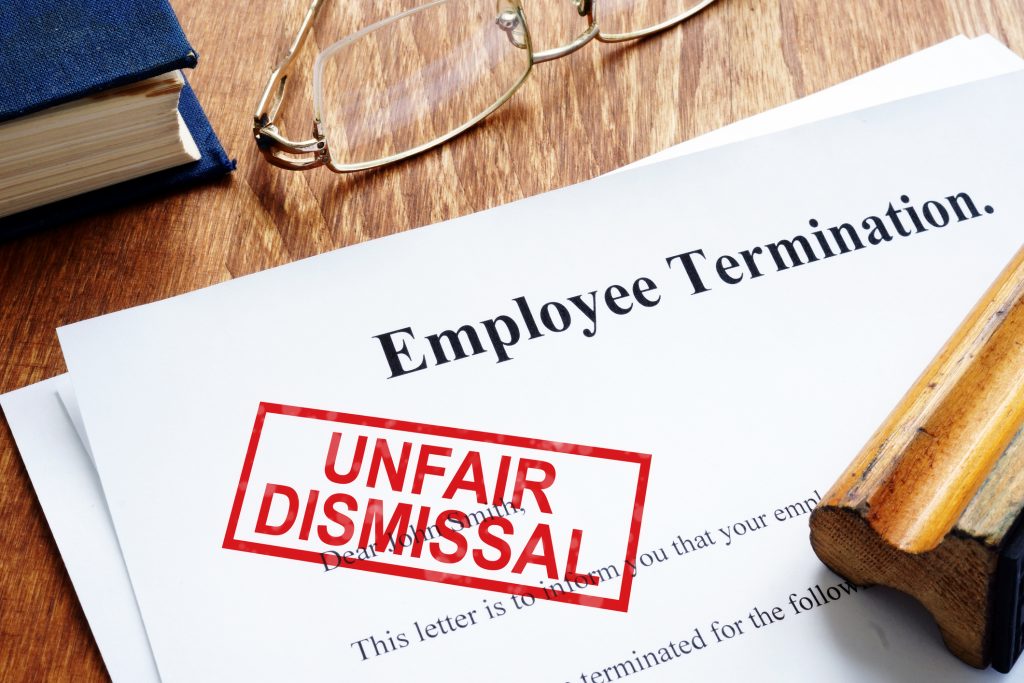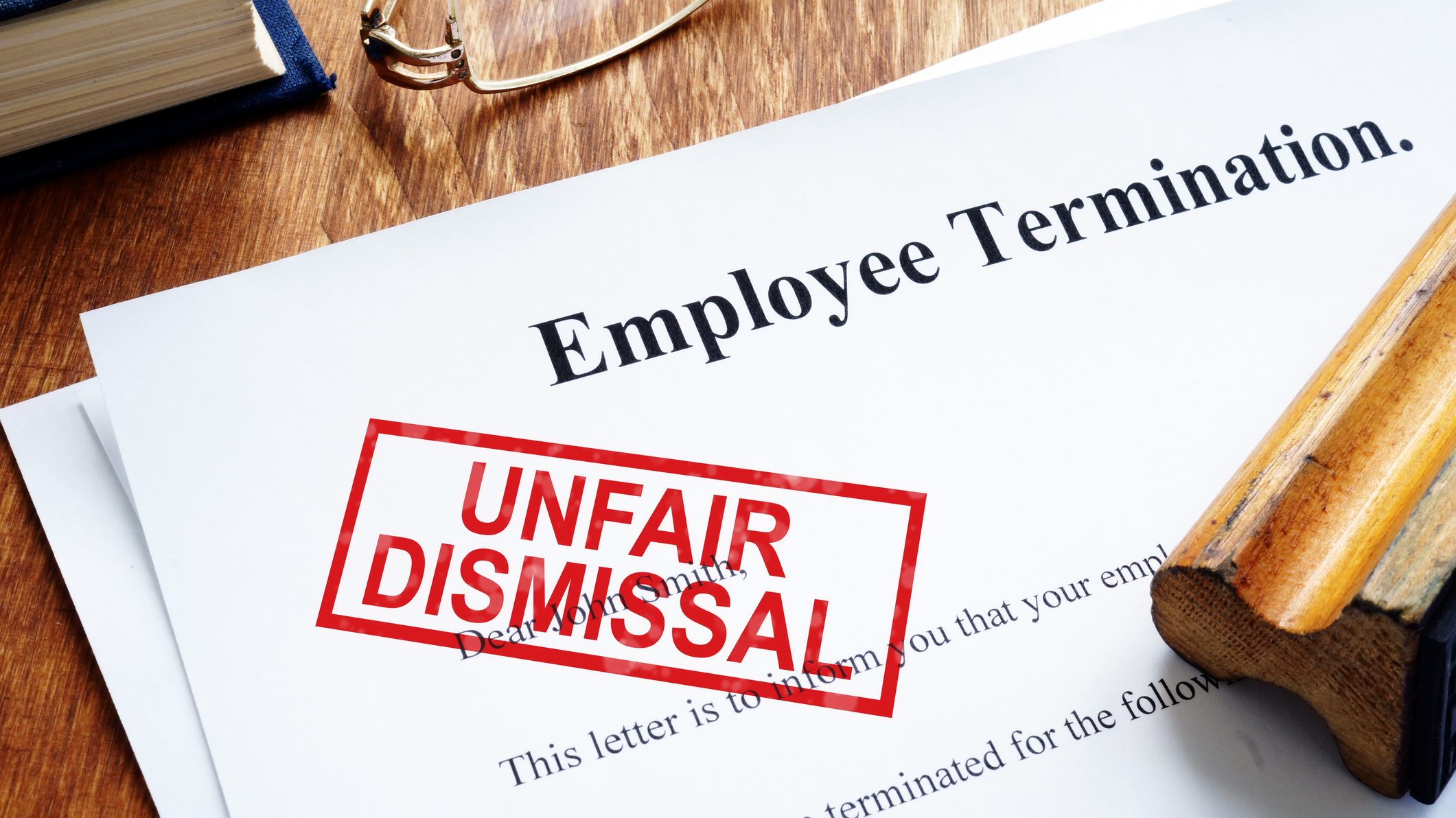

Dismissals can be a challenging issue for both employers and employees. One aspect that often arises in Employment Tribunal (ET) cases is contributory fault, which occurs when an employee’s own conduct contributes to their dismissal. If the tribunal finds this to be the case, it can reduce the compensation awarded to the employee. But how does this process work, and what happens when contributory fault is established? This blog will explore the impact of contributory fault on compensation awards, recent legal decisions, and offer practical insights for employers. If you’re navigating the complexities of dismissals and compensation claims, understanding this legal nuance is crucial.
What is Contributory Fault in Employment Dismissals?
Contributory fault occurs when an employee’s conduct plays a role in their dismissal. This refers to pre-dismissal actions that influence the decision to terminate employment. The tribunal will assess whether the employee’s misconduct affects their right to compensation.
Why is Contributory Fault Important?
Contributory fault can reduce the compensation an employee receives if the tribunal finds the employee contributed to their dismissal. However, the reduction is not automatic—the tribunal has discretion in deciding what is “just and equitable.” For employers, understanding contributory fault can help assess risks in dismissal decisions.
Legal Framework and Recent Changes
Under Section 123(6) of the Employment Rights Act 1996, if an employee wins an unfair dismissal claim, the tribunal may reduce the compensation if contributory fault is established. The reduction can range from a small percentage to a complete reduction, depending on the misconduct.
A recent Employment Appeal Tribunal (EAT) case showed that while contributory fault can lead to a reduction, it’s not automatic. In this case, employees were dismissed for social media posts, but the main reason was whistleblowing. Despite the employee’s misconduct, the tribunal didn’t reduce compensation. The EAT upheld the decision, confirming that tribunals have discretion in each case.
What Employers Need to Know
Employers must understand that contributory fault doesn’t always lead to reduced compensation. The tribunal considers the nature and severity of the employee’s conduct. Key takeaways for employers:
- Ensure dismissal decisions are well-documented and based on objective evidence.
- Be prepared to show that the misconduct contributed to the dismissal.
- Even if contributory fault is found, the tribunal will determine if a reduction is fair and just.
Common Mistakes and How to Avoid Them
- Assuming automatic reductions: Contributory fault doesn’t always lead to a reduction in compensation.
- Focusing only on misconduct: The dismissal must be unfair or wrongful for the claim to succeed.
- Neglecting whistleblowing: Be cautious when dismissing employees for misconduct if they were engaged in whistleblowing, as it could be the primary reason for the dismissal.
Summary
Contributory fault can reduce compensation if the employee’s conduct contributed to their dismissal. The tribunal has discretion in determining any reduction. Employers should focus on clear evidence and documentation in dismissal cases.
If you’re facing a complex dismissal issue or need advice on how contributory fault affects compensation, contact DPH Legal. Our expert employment lawyers can help you navigate these legal challenges confidently.
